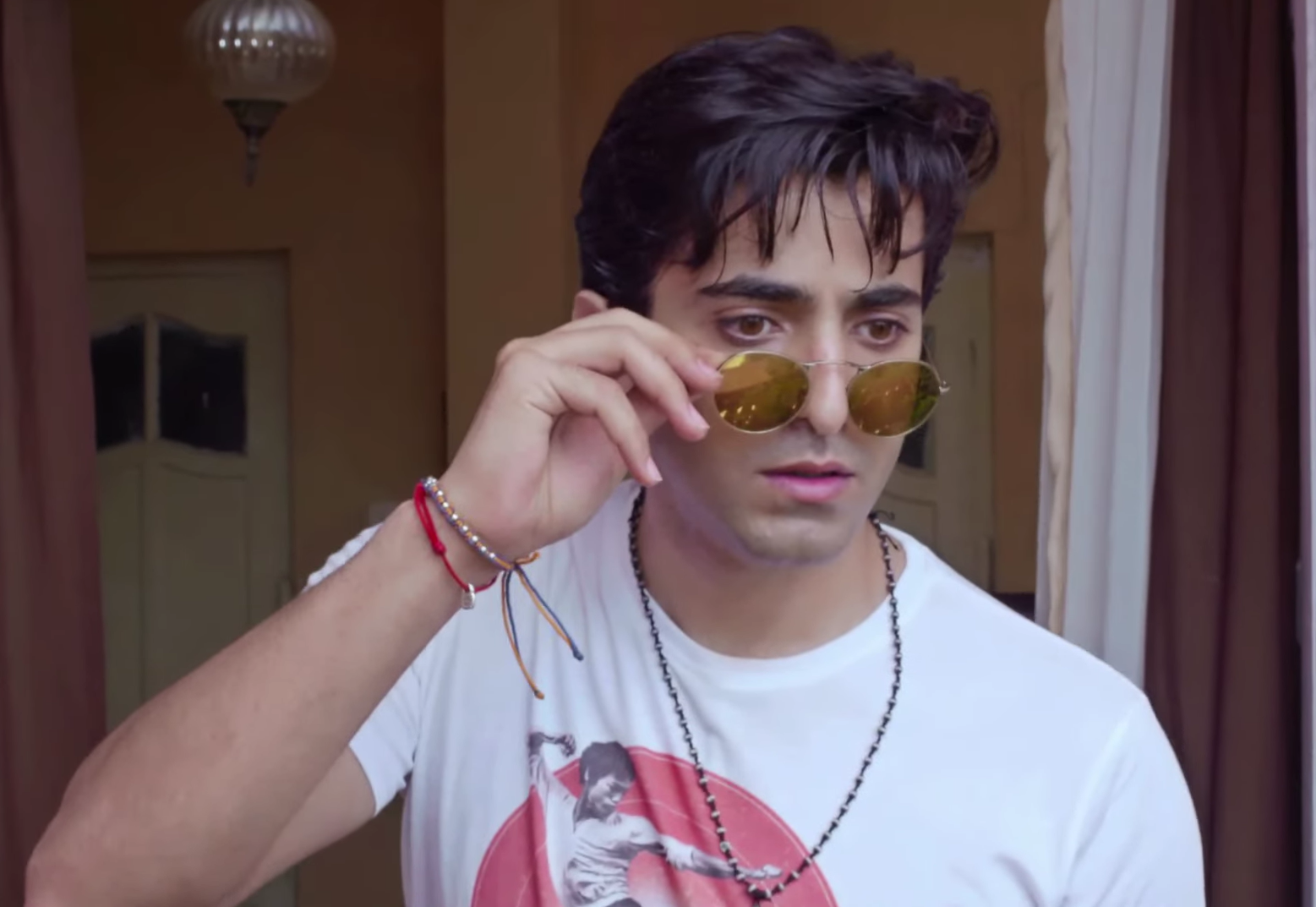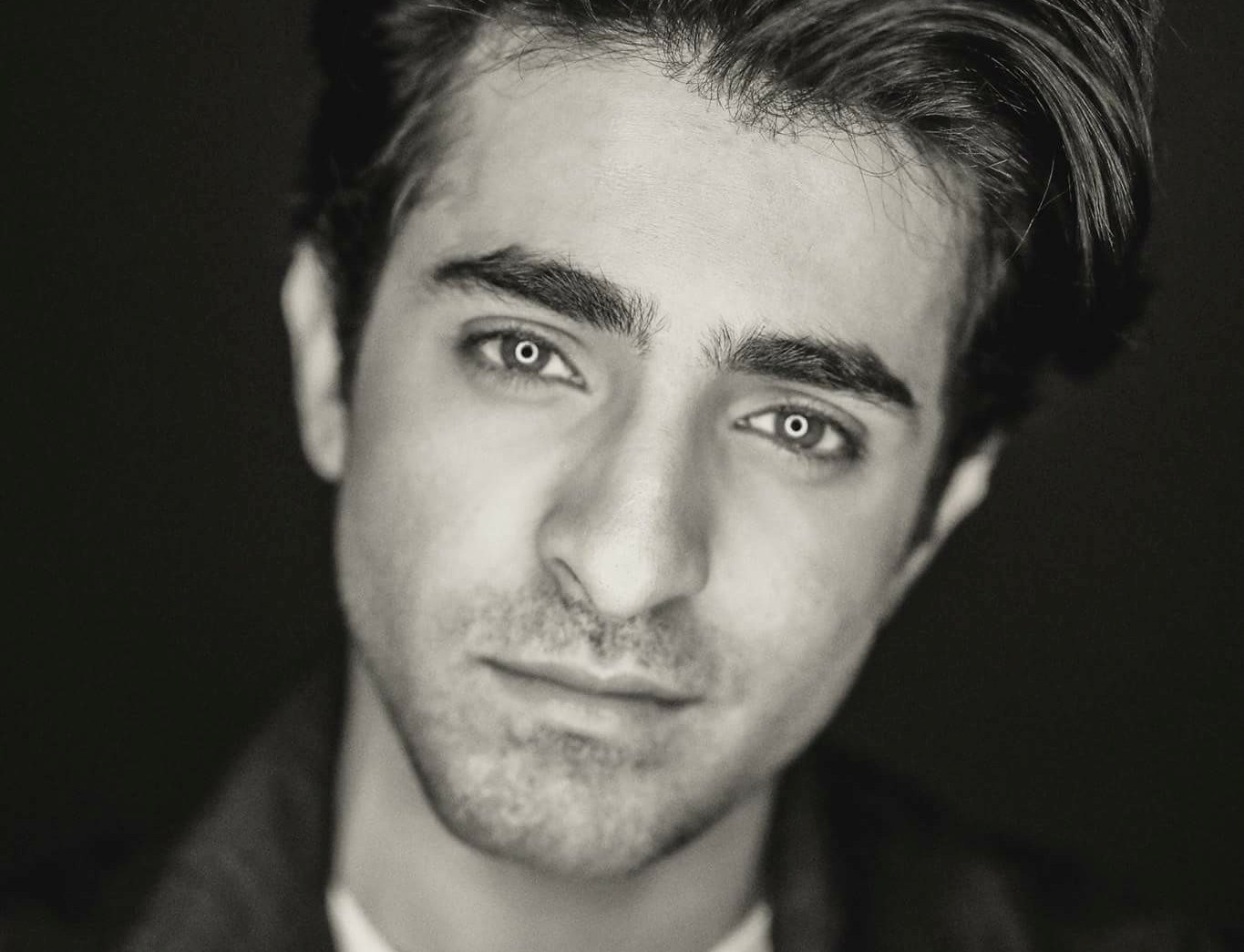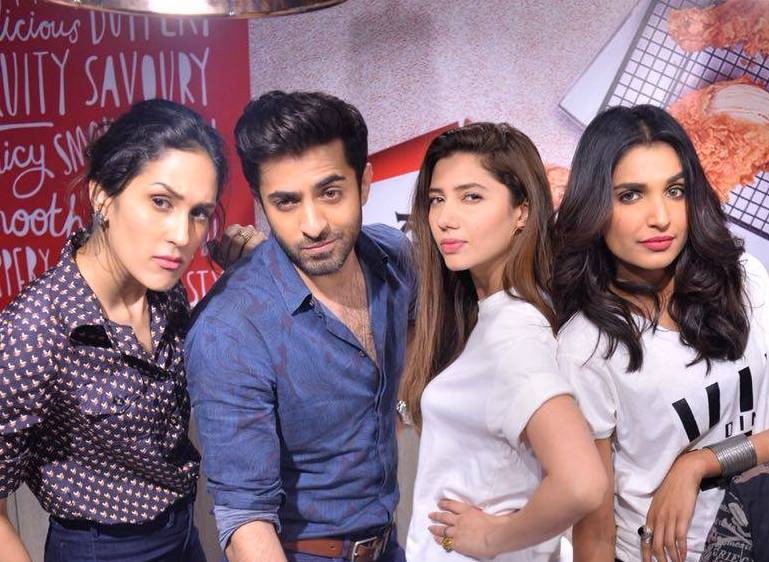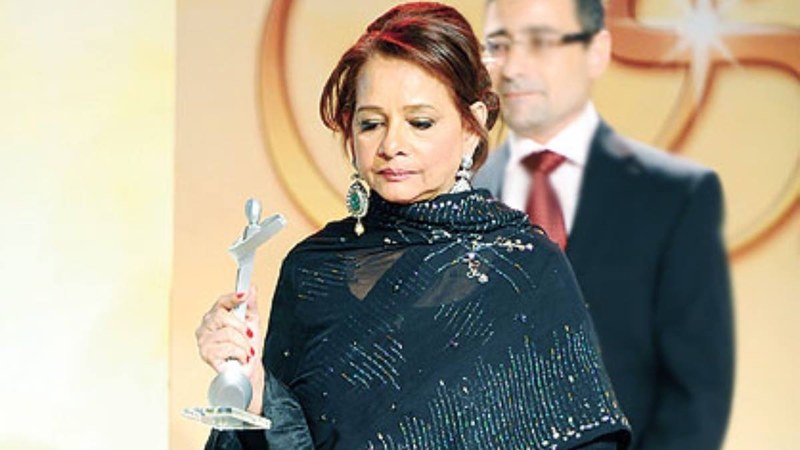KARACHI: After appearing in movies like 7 Din Muhabbat In, Project Ghazi and Parey Hut Love, Sheheryar Munawar has finally returned to television with drama serial Pehli Si Muhabbat. Returning to the small screen after six years, the actor definitely has fans and critics excited. However, Sheheryar Munawar does not consider television to be the ‘smaller’ screen as compared to movies, a thought he shared in an interview with BBC Asian Network. Speaking of his return to dramas, Munawar highlighted the differences between projects made for television and the ones made for cinemas. In a conversation with Haroon Rashid, Munawar also spoke about what it was like for him to return to the world of dramas and how he initially struggled on set, as well as the demands of a television play as opposed to a movie.
What made him return to television
“I wanted to do television for a long time,” shared Munawar about what made him finally choose a drama script. “In Pakistan, television is the strongest medium that we have. As an actor, television is a different medium so the kind of acting that you are supposed to do, the pace that you could have with your character, a lot of other things, are completely different. That has a certain kind of excitement to it as well. When I was doing films, the thing with films is that when you pick up a project, it takes an entire year because you have pre-production, then shooting, then dubbing and promotions. I didn’t get to do it for a long time. So, when COVID happened and cinemas shut down, I was supposed to do two film projects. and I turned around and said, you know it’s better to wait it out. Let’s not shoot right now because even with Pakistan, I know when cinemas open, there are 22 to 25 films that are waiting to release.” Munawar shared that he had suggested to his producers that they put the movies on hold for a while. In his spare time, Munawar had the chance to return to dramas.
How did he adapt to the transition
During the interview, Rashid questioned Sheheryar Munawar about his transition from movies to dramas. Pointing out that the scales of the two platforms are very different with films having bigger budgets, grander locations and a different pace of work, Rashid wondered how Munawar made the decision to take up Pehli Si Muhabbat. “I’m an actor, I have to keep acting,” replied Munawar. “I have to make content. I have to be in front of the camera or behind the camera but I have to be working. Part of being an actor is being able to adapt, adapting to situations. And the situation was such that for the next year, I knew it was going to be tougher for me thinking about, okay when is my film going to release,” Munawar responded with regard to the uncertainty that COVID has brought with it. Elaborating on his decision, he revealed, “Honestly, I don’t see it like this is a smaller screen, that is a bigger screen. The way I see it, it’s a different format of work. So why not. I wanted to keep working, I didn’t want to sit around.”
His experience on the set of Pehli Si Muhabbat
“You know obviously when I came on set, it wasn’t the frills and thrills that got me worried, it was more to do with the kind of acting,” Munawar shared about his time at the drama set and how he initially struggled to adjust to the pace of work and get into a rhythm. “I realized there is a slower pace on television. In films, we follow a different pace in terms of our delivery, even if it’s dialogue delivery. It needs to have that energy when you say the line, it has to be thak thak (on point), you have to keep moving. You only slow down when you actually want to slow down the story. With drama, I’ve seen a lot of the actors have a slower way of moving about things. Obviously, it’s a longer format so people like to elongate moments.”
Rashid wondered if the slower process was a source of frustration for Sheheryar Munawar, a question which popped up during the interview. In response, the actor laid out the difference between Pakistani dramas which are shot differently than foreign dramas which tend to follow a format similar to films. Not released on OTT platforms, local dramas are made for audiences who sit in front of the television every day at a particular time, as part of their routine. Munawar shared how the director of Pehli Si Muhabbat followed the same consumption pattern of their audiences, and Munawar altered his acting skills accordingly as well. “I did struggle the first two days, I sat down with my director and I said Anjum, you know, I feel like I’m sticking out because there’s a certain kind of rhythm that everybody is delivering their lines, there is a singsong-ness to the dialogue delivery. And you know, I’m not used to that. And he said no, no, I like what you’re doing. So with me and Maya’s character, both of us have brought in that kind of film training that we had. So let’s see, fingers crossed.”













